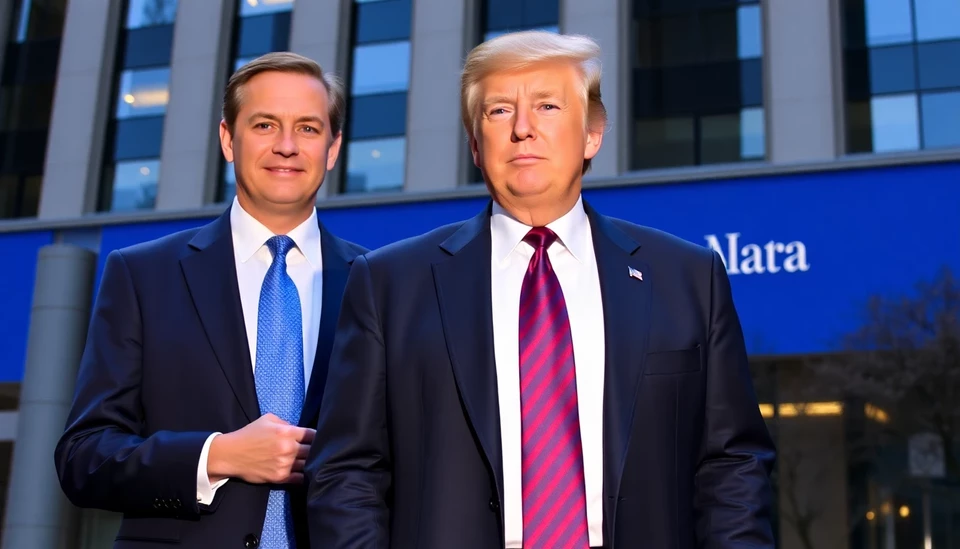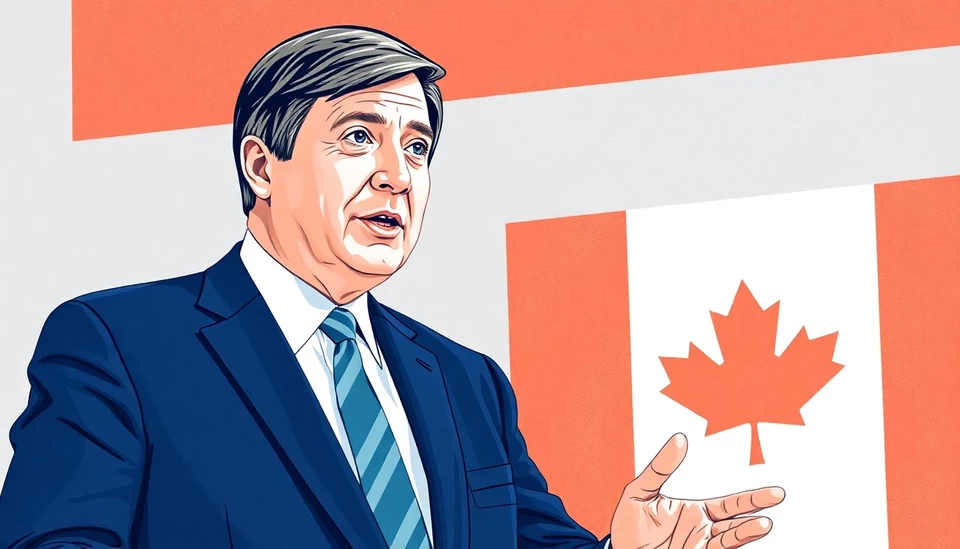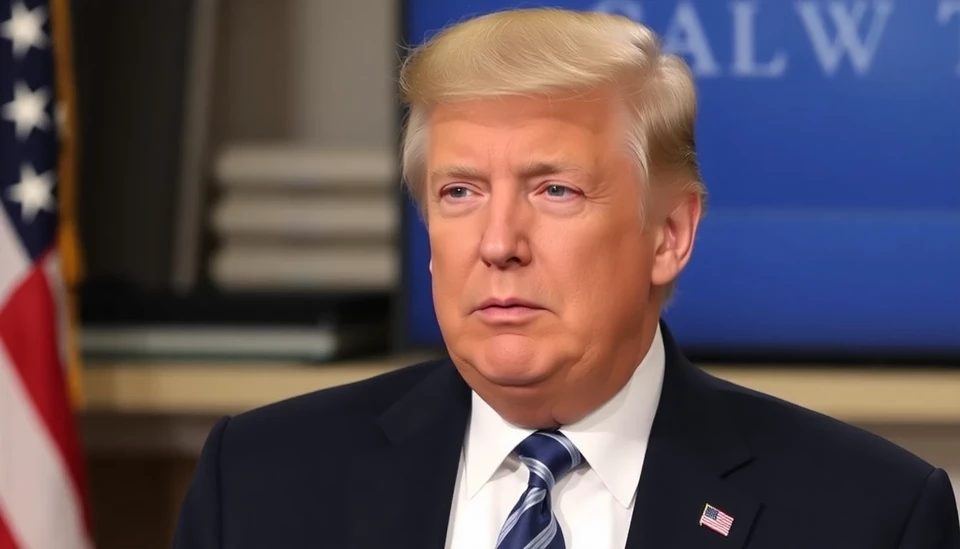
In a bold statement highlighting the complexities of international trade, Howard Lutnick, the CEO of Cantor Fitzgerald, has drawn attention to the increasing prevalence of non-tariff barriers imposed by foreign governments. Speaking during a recent industry event, Lutnick described these obstacles as a “monster” threatening to disrupt global commerce and hinder competitiveness for various industries.
His remarks come at a time when businesses around the world are grappling with an evolving landscape of regulations and trade policies. Lutnick emphasized that while tariffs are often visible and quantifiable, non-tariff barriers, which can include quotas, import licensing requirements, and intricate customs procedures, are less apparent but can significantly impact market access.
Lutnick illustrated his point by citing specific examples where these barriers have stymied trade flows. He stated that companies, particularly in the manufacturing sector, are finding it increasingly difficult to navigate the complexities of compliance in foreign markets. The hidden nature of non-tariff barriers makes them particularly insidious, often leading to unexpected costs and operational challenges that can deter businesses from entering new markets.
Moreover, Lutnick argued that the rise of these barriers is part of a broader trend of economic nationalism, where countries are prioritizing domestic industries over international collaboration. He called on policymakers to recognize the detrimental effects of such practices and to work towards creating a more level playing field. By addressing these non-tariff measures, he believes nations can reinvigorate trade relations and bolster economic growth.
The call for action resonates with many industry stakeholders who feel the strain of regulatory burdens. Various sectors, from agricultural exports to tech startups, have voiced their concerns about how non-tariff barriers make it harder to compete on a global scale. By fostering an environment that supports fair competition and reducing these obstacles, Lutnick contends that international trade can flourish, benefiting economies across the board.
Industry experts and trade advocates echo Lutnick's sentiments, stressing the need for better collaboration among nations to mitigate non-tariff barriers. They argue that a comprehensive approach involving dialogue and negotiation is essential to dismantling these challenges. With international trade being a cornerstone of economic prosperity, the call for reform reflects a shared urgency among business leaders and policymakers alike.
As the conversation surrounding trade policies continues to evolve, Lutnick's poignant observations serve as a reminder of the critical need for transparency and cooperation in the global marketplace. The implications of ignoring non-tariff barriers could reverberate across industries, potentially stifling innovation and economic growth in an increasingly interconnected world.
As the landscape of global trade shifts, stakeholders are left grappling with how best to navigate these burgeoning challenges. Lutnick's comments may well ignite further discussions around reforming trade policies to address the growing menace of non-tariff barriers globally.
#HowardLutnick #NonTariffBarriers #GlobalTrade #EconomicNationalism #TradePolicy #CantorFitzgerald #InternationalTrade
Author: Laura Mitchell




